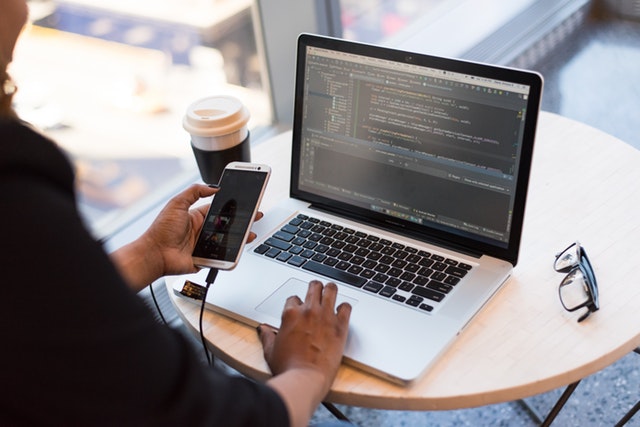Are you a mobile app developer or someone contracting with a developer to make mobile apps? This article aims to set out briefly some of the common copyright disputes that arise in the creation of mobile apps, what the law says, and what the process is for resolving these sorts of disputes.
Common disputes about mobile apps
Apps are becoming an incredibly important and prevalent aspect of modern life in Australia. From apps that assist with tax lodgment to payroll, to apps for finding a lawyer or the best restaurant, the amount of apps being developed has accelerated at a significant pace. Businesses in all sectors are attempting to provide goods and services differently, and mobile app developers are helping them do it.
Occasionally, issues may arise between developers and their clients as to who owns the underlying data in an app will the development is taking place. A dispute may also arise if the project is complete and the client withholds payment.
Developing an app can take months and even years. Clients might change their mind and decide to take a half finished app to another developer to complete. Clients may try to assert that the app, and the intellectual property therein is theirs, and may even withhold payment to the developer until the app – typically the source code underlying it – is given to them.
But really, who ‘owns’ an app before it is completed?
What the law says
The first place to look for answers to this question is the Copyright Act 1968.
- Under section 10, a “computer program” is included in the definition of a “literary work”.
- Under section 32, copyright of a literary work is effective if it was made in Australia by a suitably qualified author, even if it has not been published yet.
- Under section 35, the author owns the work.
- Under section 196, the ownership of copyright can be assigned (‘passed on’) to someone else, but an agreement to do so must be in writing.
Case law gives us some guidance of what happens if you don’t have a written agreement under s 196, or if the agreement is silent or vague as to the ownership of the program.
They tell us that if a business client asks for the app to be given to them, a term will be implied into the contractual agreement to allow this to happen. This is particularly the case where the business client is paying for the design and manufacture of the app, and where, objectively, there is no real expectation that the developer should retain the app/its source code for themselves or for the benefit of a competitor of the client.
Arguments may also be made that the app developer only has a license to the app, which would mean that the proper owner is the client, not the developer.
Resolving your dispute
Both the Supreme Court of NSW and the Federal Court of Australia can hear disputes concerning intellectual property. The starting point is your agreement. Without a written agreement, the dispute resolution process can be both complex and expensive.
The best advice before starting work on a mobile app is to agree in writing who will own what when the work is done, and at various stages of the work’s development.
Seek Legal Advice
Whether you’re a business or an app developer, if you have having issues around your app and its creation, we can provide additional information and advice to you regarding your situation. If you would like to discuss your concerns with a legal professional please contact us on (02) 9963 9800 or via our contact form.

